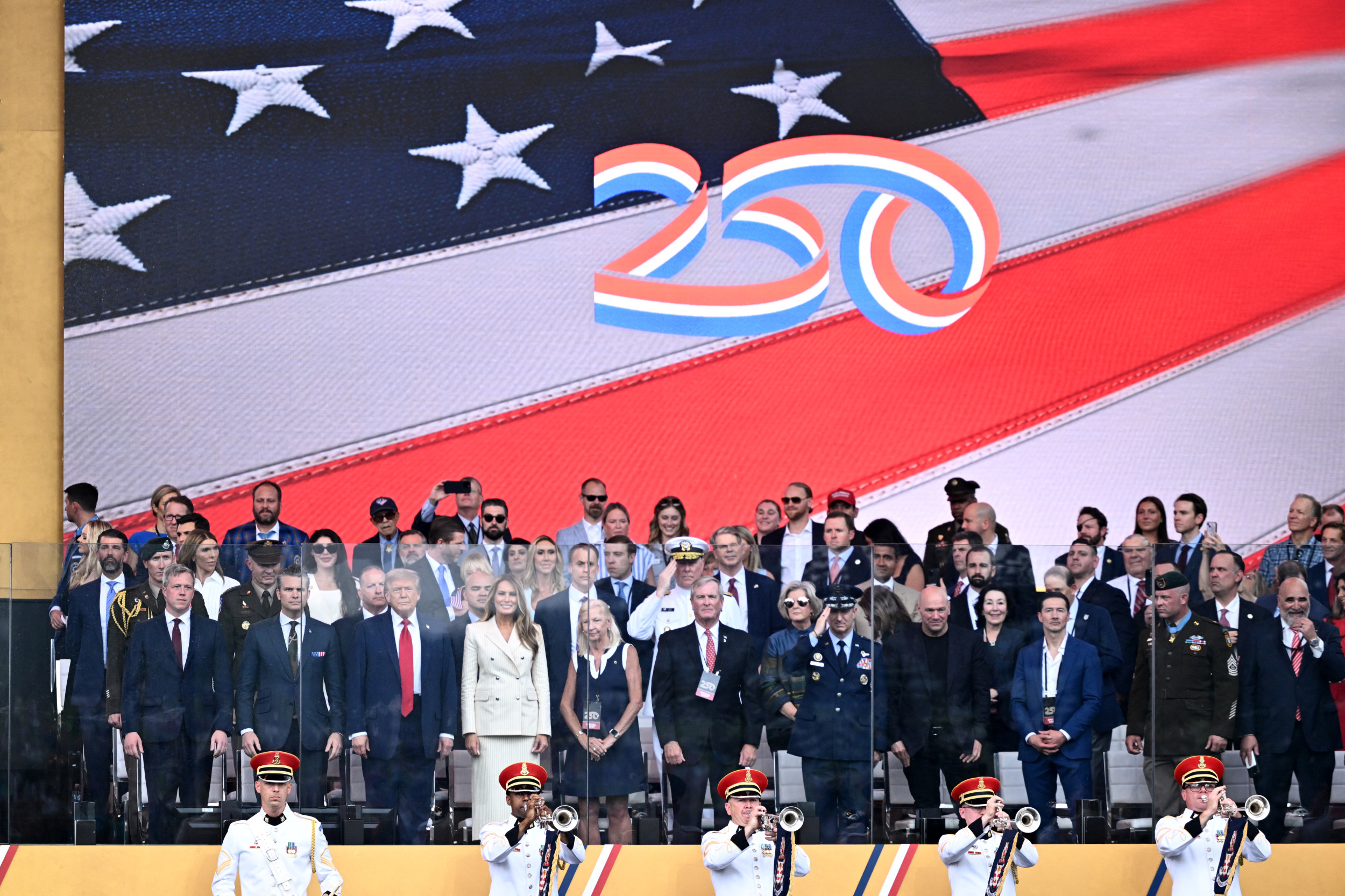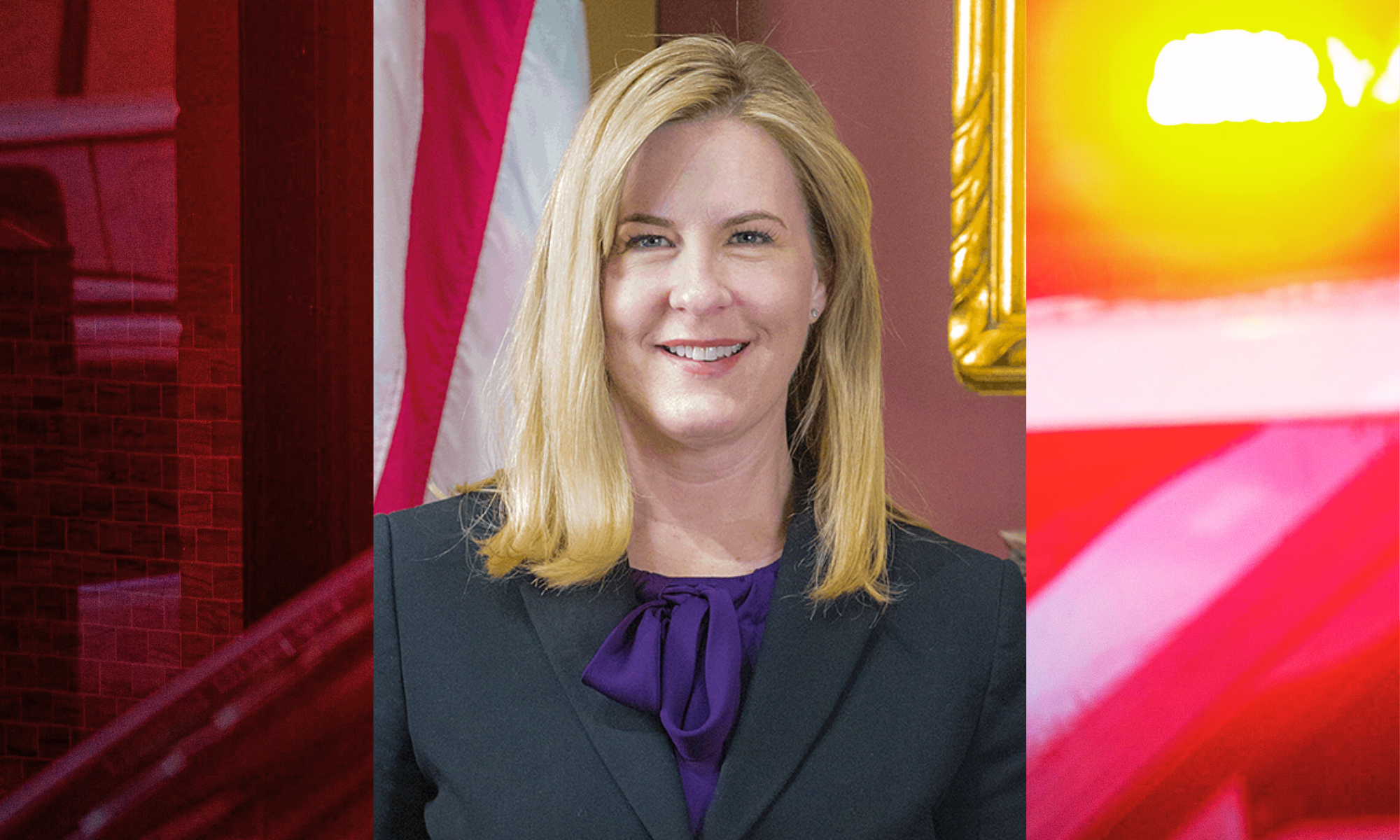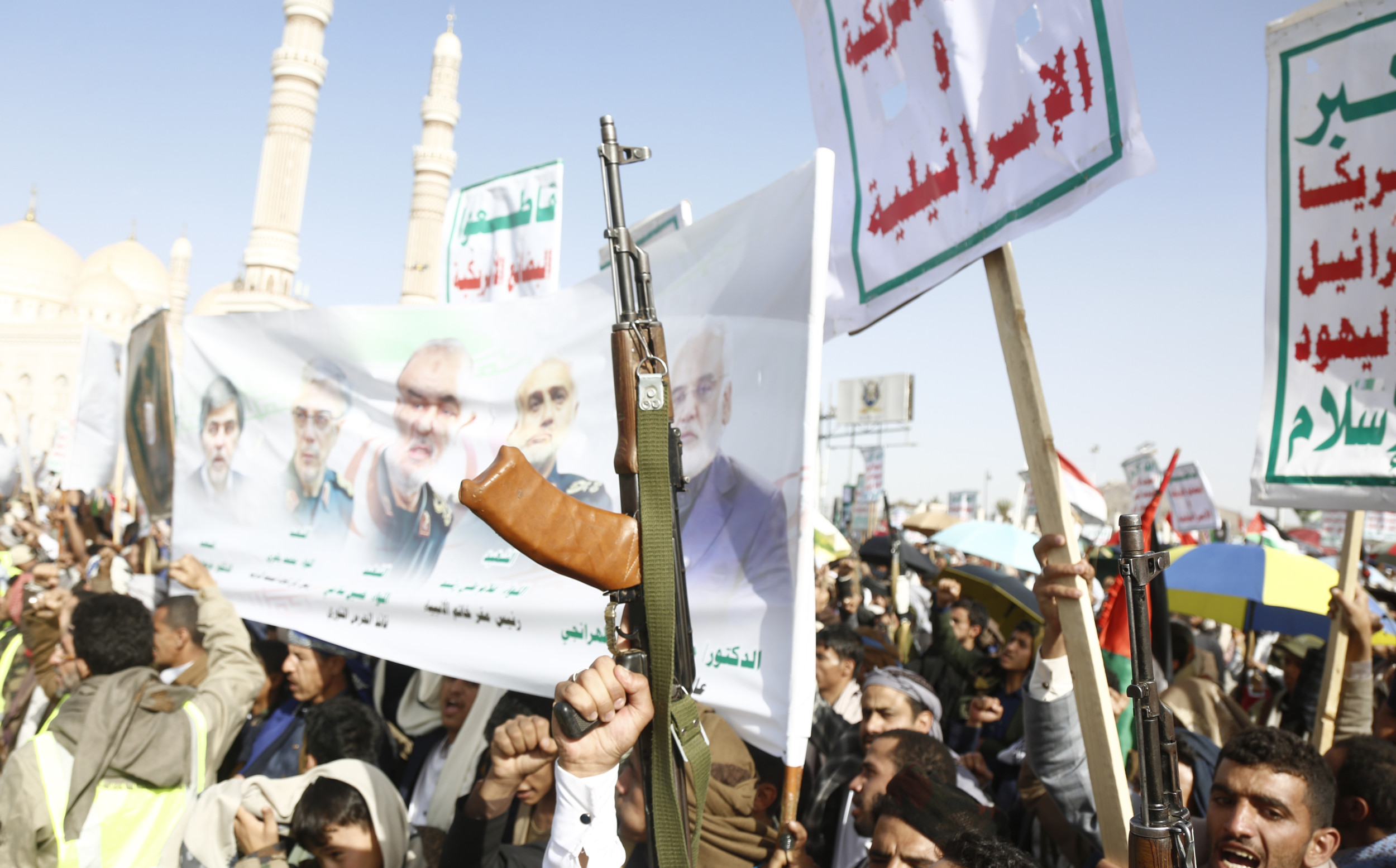🎙️ Voice is AI-generated. Inconsistencies may occur.
Despite the prevalence of opinions that Vladimir Putin has lost his mind, nuclear weapons experts continue to see the Russian president as a rational man who isn't willing yet to risk the severe consequences of using a nuclear weapon on Ukraine.
Putin is growing increasingly isolated as the assault on Ukraine nears its third week, and the Russian leader's decision to put his nuclear forces on high alert has raised fears about how far he might go. But 10 nuclear weapons experts Newsweek spoke to consider it unlikely that he would hit the nuclear button because he can achieve his goals in Ukraine without doing so. Also, such an extreme measure could hurt the president's ability to hold on to power if a challenger emerges who will use the war against him.
"I don't think that the Russian leadership and Putin are irrational actors," John Erath, senior policy director for the Center for Arms Control and Non-Proliferation, said. "The use of a nuclear weapon would lead to the possibility of a response that would be disastrous for all."
The invasion of Ukraine prompted some to call Putin's mental capabilities into question. Former Secretary of State Condoleezza Rice told Fox News recently that Putin seems "different" and "erratic," as opposed to the "calculating and cold" man he once was. Former Secretary of Defense Robert Gates characterized Putin in an interview with CNN as a man who's "gone off the rails."
Speculation about Putin's mindset has raised concerns about the potential for the conflict in Ukraine to turn nuclear, but doing so would come at such a significant cost that experts don't see it happening. Although Ukraine isn't a NATO member, the deployment of a nuclear weapon after 77 years would be such a cataclysmic event that it would force the West to respond.
Whether that would be in more significant economic sanctions or even military retaliation is not predictable, but Putin is feeling pressure over the Ukrainian invasion, and he could risk losing power if the political tides turn against him. He also risks straining his relationship with China, the one leading world power that hasn't condemned his attack on Ukraine.
Plus, if his goal is to decimate Ukraine to the point the people can't resist, the experts don't believe he needs to shatter world order by deploying a nuclear weapon.
Rolf Mowatt-Larssen, former director of intelligence and counterintelligence at the U.S. Department of Energy and former chief of the Weapons of Mass Destruction Department at the CIA
"I think it's unlikely [Putin uses a tactical nuclear weapon]. We can see he's clearly entered a phase where he wants to crush the Ukrainians to the point of not wanting to resist anymore, but he doesn't need a nuclear weapon to do that.... He can, unfortunately, demolish these cities with conventional weapons."
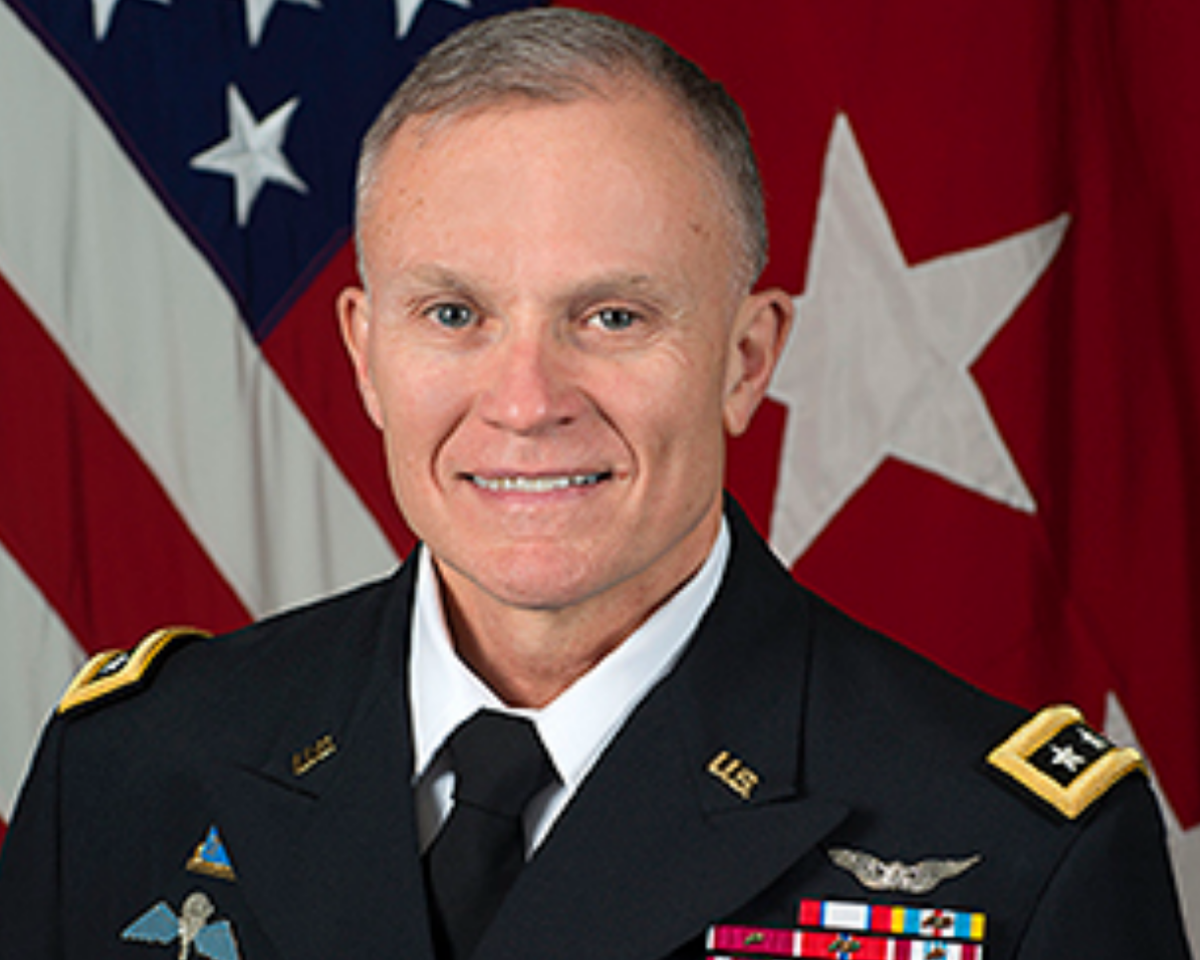
Lieutenant General Robert Ashley, former director of the Defense Intelligence Agency
"While I would not rule it out, I would assess the likelihood as very low. A tactical nuclear weapon, if used, would be more likely employed as an escalate to de-escalate strategy against NATO or the U.S., not Ukraine.
"I think the broader question is what actions by the U.S. or NATO would warrant the use of a tactical nuclear weapon as an escalatory deterrent. I think that threshold could possibly be reached if Russia was threatened by NATO or the U.S. forces operating into/over Russian airspace or the threat of a ground incursion into Russia."
Laura Kennedy, former deputy assistant secretary of state and U.S. permanent representative to the Conference on Disarmament in Geneva
"I don't think it is likely that Putin would use a tactical nuclear weapon, which is not to say that it's zero.... But I think Russia's engagement in nuclear references is more focused on intimidation rather than signaling any intent.
"We haven't seen anything publicly that indicated [Russia has] made any actual movement in terms of their nuclear weapons.... [An attack] just does not fit their nuclear doctrine, and I know those can go out the window, but normally, mutually assured deterrence is strategic defense."
Heather Williams, senior lecturer at King's College and a visiting fellow at the Harvard Kennedy School
"I think the really important thing is that Putin wants us to think he would use a nuclear weapon.... I think it would be really hard for Putin to use a nuclear weapon to win the conflict and still come out of this OK. If you think the sanctions are bad now, imagine what would happen then."
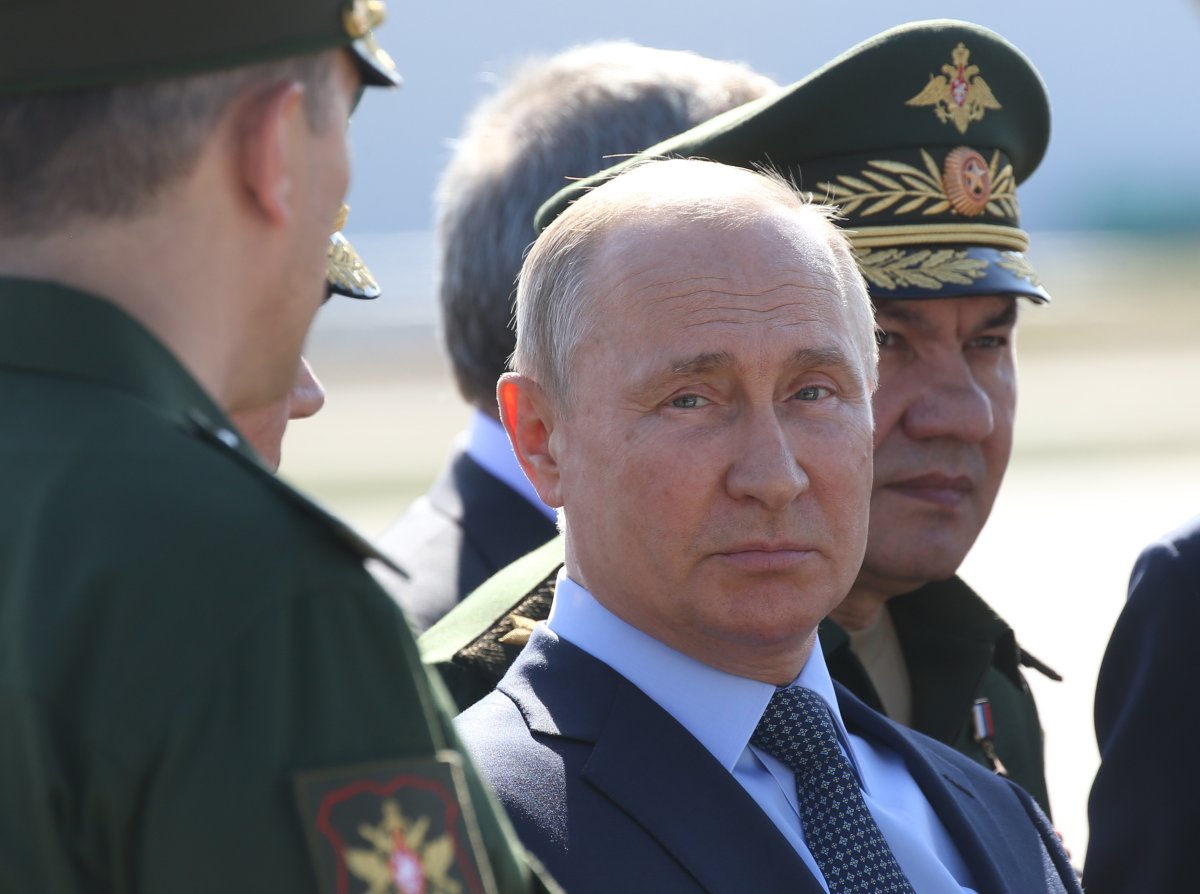
Hans Kristensen, director of the Nuclear Information Project at Federation of American Scientists
"I think the likelihood of that is very small. That would completely corner Russia on the international stage.... Politically, it would be devastating for him.
"We haven't seen any changes on the ground in Russia's nuclear forces: the way they operate them, the way they deploy them since he's issued these threats. He's not maneuvering in any way that suggests he's preparing for that."
Michael Kimmage, former member of the secretary's policy planning staff at the State Department, holding the Russia/Ukraine portfolio
"I would say a 2, in terms of 0 being impossible, so just a notch above very unlikely. It seems like a sign of desperation and such a stupid line for Russia to cross, given fears of nuclear weapons."
John Erath, senior policy director for the Center for Arms Control and Non-Proliferation
"I don't think it is at all likely that nuclear weapons would be used. Unfortunately, there is a greater chance of a nuclear weapon now than two weeks ago because Putin and some of his top advisers have said explicitly Russia would consider using nuclear weapons.
"Chances are still low but are greater than they were, and that is a big problem. There is an increasing likelihood."
Daryl Kimball, executive director of the Arms Control Association
"As they stand right now, [chances are] very, very, very, low because [of] Russia's formal nuclear doctrine.
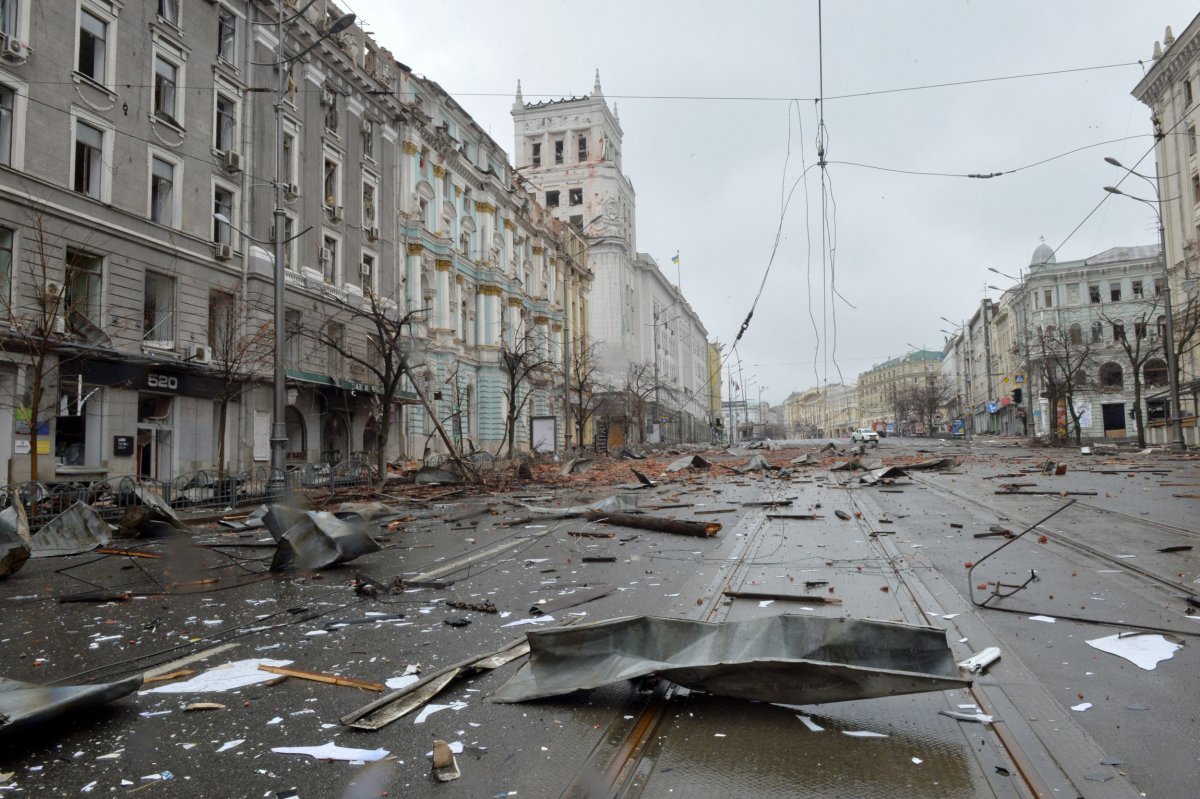
"I think he's a very rational, calculating, coldblooded thinker, but as this conflict drags on, we know he's increasingly isolated. He's talking to a small group of advisers, he's under pressure, and he may start making decisions that don't make sense from Russia's narrow interests.
"What Putin is clearly trying to do is to use the threats of nuclear force against NATO and the United States as a shield against their active involvement in defending Ukraine from this attack from Russia."
Sean Barnett, senior engineer/defense analyst at the Rand Corp.
"I can't say that it will not happen, but I don't think it's likely.... There has been a threshold against the use of nuclear weapons that has held since 1945 that I think Putin would be reluctant to cross at this point, even if he had no regard for the Ukrainian people, because it could motivate an even broader and stronger opposition to Russia in the war."
James Revill, head of the WMD Program at the United Nations Institute for Disarmament Research
"I think personally the use of tactical nuclear weapons is possible but unlikely. But there are a number of ways the conflict could escalate.... Certainly, the earlier remark putting nuclear forces on a higher alert level is a signaling device to tell NATO they should take this seriously."
About the writer
Jenni Fink is a senior editor at Newsweek, based in New York. She leads the National News team, reporting on ... Read more
